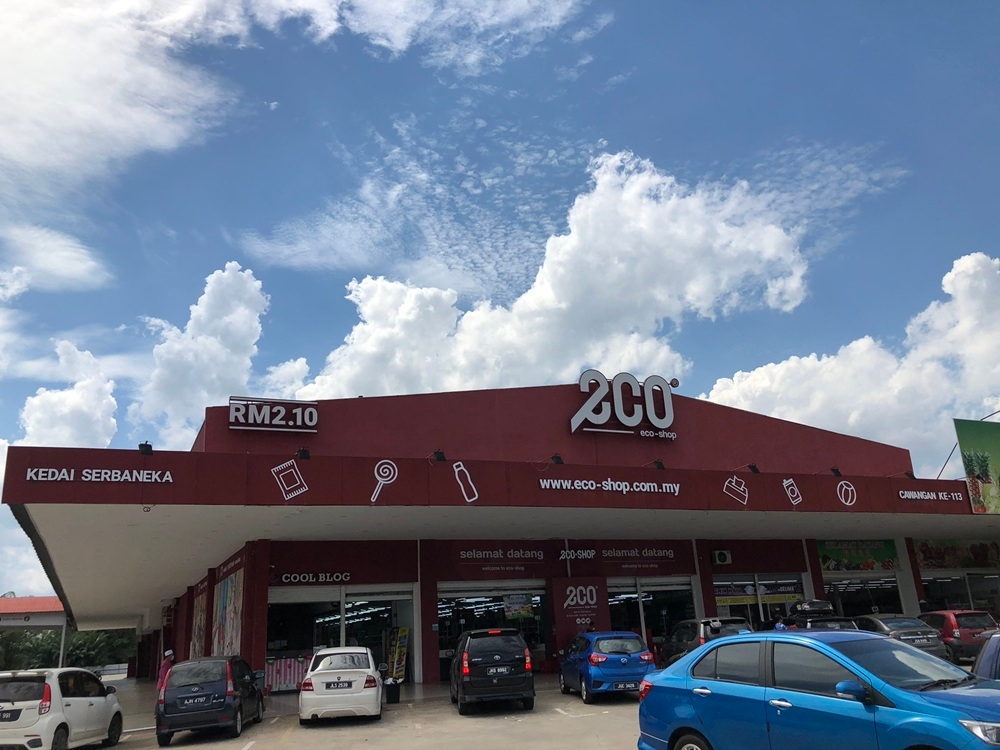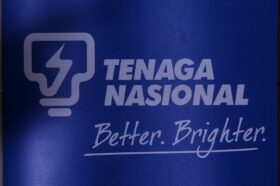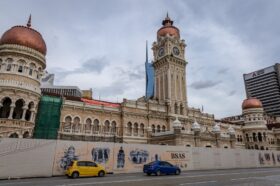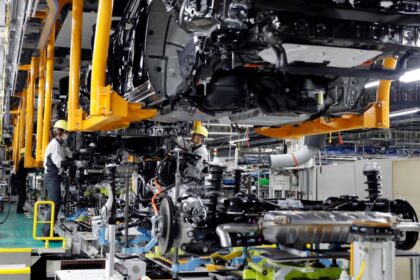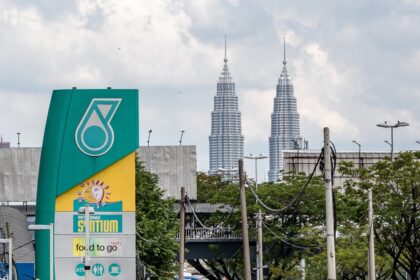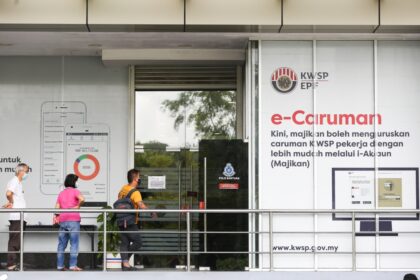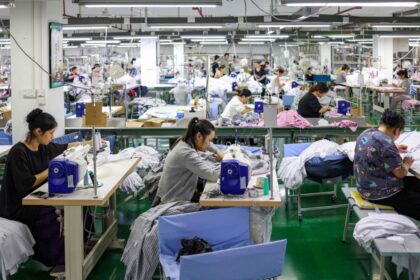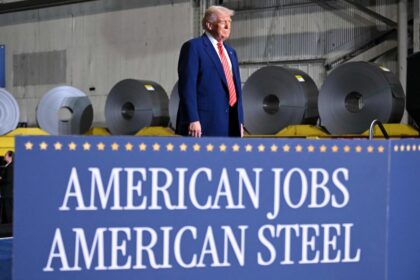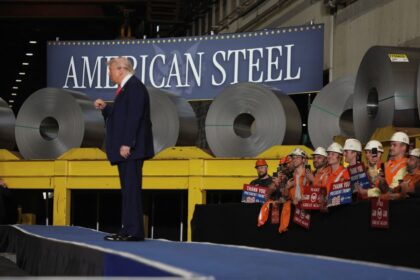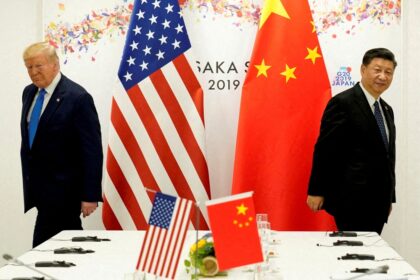KUALA LUMPUR, May 23 — Eco-Shop Marketing Bhd made its debut on the Malaysian stock market today after completing the country’s largest initial public offering (IPO) this year.
The discount chain raised RM974 million in its listing, which valued the company at about US$1.5 billion (RM6.3 billion).
According to Bloomberg, the listing is the largest since 99 Speed Mart Retail Holdings Bhd.’s IPO in September.
“If you look at the current economic situation, our business model is even more needed. We stretch the ringgit for many, many people,” Chief Executive Officer Jessica Ng told Bloomberg.
She said the company expects most Malaysians to see income growth over the next two years, which would provide “a big catchment” for expansion.
Eco-Shop plans to use proceeds from the share sale to open 70 outlets annually over the next five years, effectively doubling its current store count.
Founded in 2003 by Lee Kar Whatt and his partners, Eco-Shop has grown to 350 stores across Malaysia.
Lee will retain a stake valued at US$1.15 billion following the listing, according to the Bloomberg Billionaires Index.
He still works out of the company’s headquarters in Jementah, a town in the southern state of Johor.
The IPO comes after momentum in Malaysia’s equity market, which saw 55 IPOs in 2024, was slowed by tariff concerns.
Although Eco-Shop priced its IPO shares lower than initially expected, the listing indicates continued investor interest in low-cost consumer brands.
More than half of Eco-Shop’s sales come from its in-house brands, which the company plans to expand for better cost and quality control.
Ng said Eco-Shop uses mechanisms to keep imported product costs low.
The company sells a range of goods including snacks, cleaning products and stationery at a fixed price of RM2.60.
It reported a 45 per cent year-on-year increase in net profit to RM61.7 million for the three months through February.
Revenue rose 17 per cent to RM736 million over the same period.
Competition in the sector has intensified, with rivals such as Mr DIY Group (M) Bhd and smaller chains run by mainland Chinese entrepreneurs.
However, Ng said Eco-Shop has a strong position with 68 per cent market share in Malaysia’s discount retail sector.
She said local brands have scaled effectively and become “irreplaceable” in their segments.
“Malaysian brands are generally operationally good,” she said.
Ng added that resilient domestic demand will continue to support Eco-Shop’s growth.
Source:  Discount chain Eco-Shop debuts after raising RM974m in Malaysia’s largest 2025 listing, founder nets RM5.4b stake
Discount chain Eco-Shop debuts after raising RM974m in Malaysia’s largest 2025 listing, founder nets RM5.4b stake
